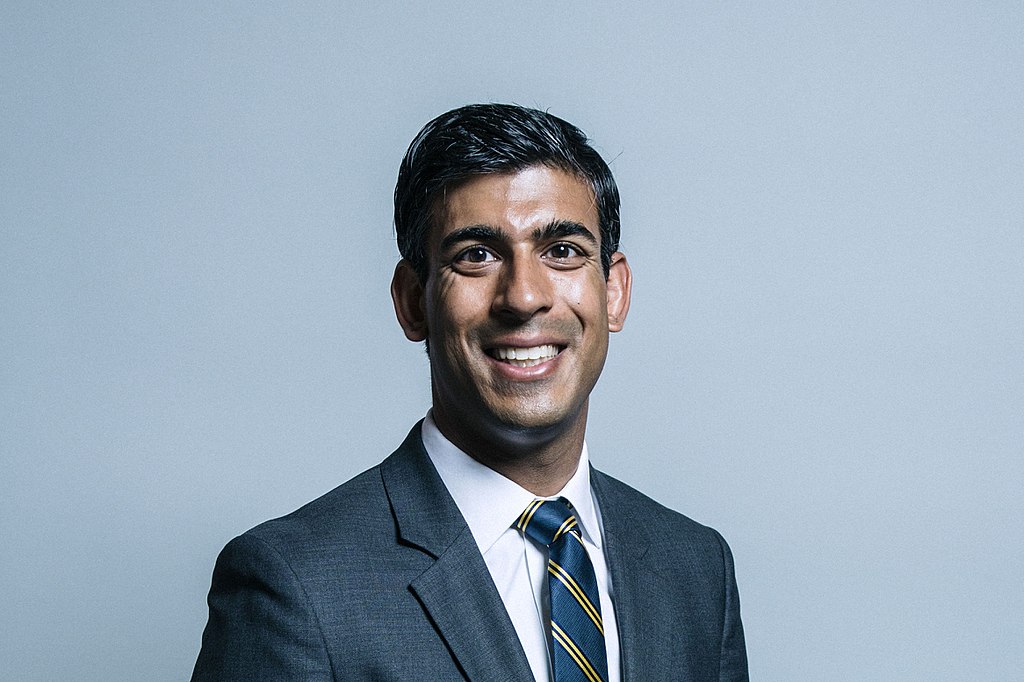A-levels to be replaced with new ‘Advanced British Standard’ qualification
Prime Minister Rishi Sunak has announced plans to reform post-GCSE qualifications by combining A-levels and T-Levels into the new ‘Advanced British Standard’.
During his speech at the Conservative Party Conference, Sunak declared that he would seek to implement a reconstructed qualification in which students will study five subjects. Akin to the US, the qualification will consist of three ‘major’ subjects and two ‘minors’, with Maths and English being compulsory.
The Advanced British Standard is set to merge academic and vocational aspects. Rather than limiting students to one or the other, Sunak aims to create a qualification that caters to a range of specialities, integrating both the A-level and T-level formats.
T-levels are technical qualifications that are developed in collaboration with employers and businesses. They focus on practical subjects and provide an alternative to apprenticeships. Yet figures show that despite the overall pass rate being 90.5% in 2023, only 2/3 of T-level students went on to complete their course.
Mr Sunak stressed to his party that his initiative stems from concerns regarding student engagement and success in the UK when compared to other countries. The PM told the conference: “Our 16 to 19-year-olds spend around a third less time in the classroom than some of our competitors. We must change this, so with our Advanced British Standard, students will spend at least 195 hours more with a teacher.”
He emphasised: “A-level students generally only do three subjects compared to the seven studied by our economic competitors. The Advanced British Standard will change that too, with students typically studying five subjects and thanks to the extra teaching time we are introducing, the great breadth won’t come at the expense of depth which is such a strength of our system.”
Our teachers do one of the most valuable jobs in our society and we should reward them for that
Rishi Sunak, Prime Minister
Alongside pledging that an extra £600m over two years will go towards training more Maths teachers, the Prime Minister also put forward his scheme to provide teachers with bonuses. These are aimed at attracting those with the right skills, experience, and qualifications to the profession.
He stated: “In order to attract and retain more teachers, those who teach key subjects in schools – and, for the first time, in our further-education colleges too – will receive special bonuses of up to £30,000, tax-free, over the first five years of their career.
“Our teachers do one of the most valuable jobs in our society and we should reward them for that.”
Sunak’s proposals have received significant backlash from teachers’ unions. Many have argued that there are far more pressing issues to prioritise in education, such as the recent RAAC concrete crisis, teacher recruitment, and the lack of support for vulnerable students.
“While the principles of these proposals are good, the practicalities are daunting because of the severity of the teacher recruitment and retention crisis”
Geoff Barton, General Secretary of the Association of School and College Leaders
Paul Whiteman, General Secretary of the National Association of Head Teachers, argued: “Today’s announcement shows just how out of touch this government has become with the teaching profession.
“There are so many immediate crises that schools are currently dealing with, from recruitment and retention, to crumbling school buildings and the lack of support for pupils with SEND [Special educational needs and disabilities].
“The government should be focusing on fixing those, not announcing yet another round of seismic changes to exams and qualifications.”
Geoff Barton, the General Secretary of the Association of School and College Leaders stated: “While the principles of these proposals are good, the practicalities are daunting because of the severity of the teacher recruitment and retention crisis.”

Comments